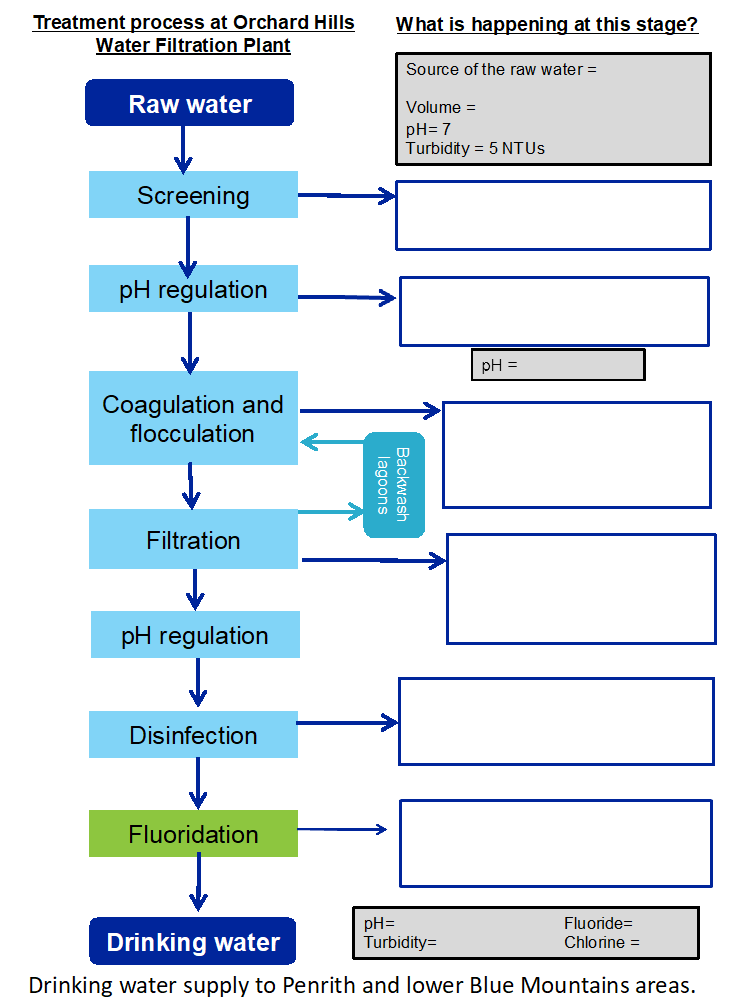Not known Facts About Residential Water Treatment System
Table of ContentsThe Best Strategy To Use For Residential Water Treatment SystemResidential Water Treatment System Things To Know Before You Get This8 Easy Facts About Residential Water Treatment System Explained7 Simple Techniques For Residential Water Treatment System
1 The requirement for large water treatment, Water treatment is the procedure of eliminating all those compounds, whether biological, chemical or physical, that are potentially harmful in water supply for human and also domestic use. Water also needs to be non-corrosive, indicating it will not create damage to pipework.This produces a need for big quantities of safe water to be supplied reliably and regularly, as well as this need is expanding. As urban populaces increase, there is a requirement to find brand-new sources to satisfy the growing demand. If groundwater is offered this can frequently be utilized with very little therapy but any surface area water resource will certainly require to be dealt with to make it risk-free.
6 discusses just how this computation is made however first you will certainly look at the main stages in the water therapy procedure. 2) in massive water therapy for urban metropolitan water supply (Abayneh, 2004).

The Best Strategy To Use For Residential Water Treatment System
Right here the water is carefully stirred by paddles in a flocculation container (Figure 5. 5) as well as the flocs enter call with each other to create larger flocs. The flocculation container typically has a variety of areas with decreasing mixing speeds as the water developments through the basin (Number 5.
6(b)) for several hours for sedimentation to occur. The material gathered at the end of the tank is called sludge; this is removed for disposal. 5.2. 5 Purification, Filtration is the process where solids are separated from a liquid. In water therapy, the solids that are not separated out in the sedimentation container are eliminated by passing the water with beds of sand and crushed rock.
7), with a flow rate of 48 cubic metres per square metre of filter surface per hr (this is created as 48 m3 m2 h1) are typically used. When the filters contain caught solids, they are backwashed. In this process, tidy water as well as air are pumped in reverse up the filter to displace the caught pollutants, and also the water bring the dirt (referred to as backwash) is pumped into the sewage system, if there is one.
5.2. 6 Chlorination, After sedimentation, the water is sanitized to eliminate any type of staying pathogenic micro-organisms. The most generally made use of anti-bacterial (the chemical used for disinfection) is chlorine, in the type of a liquid (such as salt hypochlorite, Na, OCl) or a gas. It is relatively cheap, and basic to use.
Not known Facts About Residential Water Treatment System
The quantity of chlorine left hereafter is called recurring chlorine. This remains in the water right through the distribution system, protecting it from any micro-organisms that may enter it, till the water reaches the customers. World Health And Wellness Company Standards (THAT, 2003) suggest a maximum residual chlorine of 5 mg l1 of water.

7 Extra therapy, Extra treatment might in some cases be required for the benefit of the populace. One such instance is the fluoridation of water, where fluoride is included to water. It has been mentioned by the World Health And Wellness Organization that 'fluoridation of water supplies, where feasible, is one of the my blog most efficient public health and wellness measure for the prevention of dental decay' (WHO, 2001).

The Residential Water Treatment System Statements
What does excess fluoride in the water lead to? The simplest method of doing this is to mix the high-fluoride water with water that has no (or extremely little) fluoride so that the final blend is secure.
The two chemicals are included to as well as quickly blended with the fluoride-contaminated water as well as then the water is stirred delicately. 5.3 Administration of wastes from water treatment plants, From the water therapy procedure that you have simply researched, make a listing of the my explanation different wastes that emerge.
In the last it is contributed to the inbound sewer, where it can assist settlement of solids. The backwash from the sand filter is discharged right into the drain or returned to the river after settlement of solids. Packaging waste such as chemical drums can be gone back to the distributor for reuse.
5.4 Sustainability and also durability in water treatment, In Research Session 4 you review some variables that can influence the sustainability of a water resource. As an example, reducing dirt erosion by growing trees and also preserving vegetation can lower the amount of silt that gathers in a tank and extend its life.